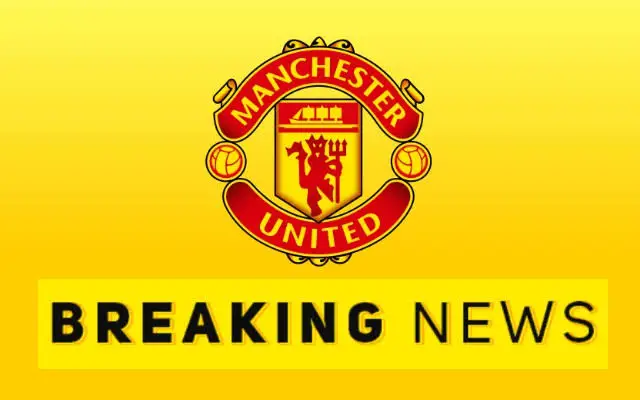Roy Keane, a revered figure in Manchester United’s history, has voiced his dissatisfaction with current captain Bruno Fernandes, laying part of the blame for Erik ten Hag’s recent dismissal at his feet. Keane’s sharp critique comes in the wake of Ten Hag’s exit last Monday, an event that has left United fans divided and uncertain about the club’s future direction. As Ten Hag departs, Sporting Lisbon’s manager Ruben Amorim has been appointed as his long-term successor. However, former United striker Ruud van Nistelrooy has stepped in as the interim manager, bridging the gap until Amorim officially assumes his new role on November 11.
Van Nistelrooy’s short tenure at the helm has already witnessed a mixed set of results. In his first outing, United showcased their offensive prowess with a dominant 5-2 victory over Leicester City in the Carabao Cup, rekindling some optimism among the fanbase. Yet, in their subsequent Premier League fixture, they faltered to a 1-1 draw against Chelsea, showing signs of inconsistency that have plagued their season. This inconsistency has been a key factor in the club’s turbulent form, which many feel has highlighted the need for a steady leader on the pitch—something Keane believes Fernandes has not delivered.
Looking back on the season thus far, Fernandes has publicly expressed regret for his performances, acknowledging that he fell short in supporting Ten Hag’s vision. In a candid admission, the midfielder apologized to the fans and the club, admitting he failed to meet expectations in terms of goals and assists. Fernandes’s apology aimed to take accountability, with the player conceding that he did not rise to the occasion as Ten Hag might have hoped.
However, Keane was quick to dismiss Fernandes’s apology, stating bluntly that it was “too little, too late.” He argued that such contrition would have been more impactful if Fernandes had demonstrated true leadership during Ten Hag’s tenure. According to Keane, Fernandes’s words came off as hollow, lacking genuine remorse for his inability to rally the team or stand by Ten Hag when it mattered most. Keane noted that Fernandes’s body language often betrayed a lack of passion or care for the manager’s struggles, casting doubt on the captain’s sincerity and effectiveness.
For Keane, the role of captaincy at Manchester United is a deeply significant responsibility, one that requires not only skill but also resilience and loyalty, particularly in times of hardship. He lamented that Fernandes had fallen short in this regard, suggesting that his lack of assertive leadership may have further strained Ten Hag’s position. In Keane’s view, Fernandes was more concerned with his own reputation than with supporting the manager, a trait Keane finds unacceptable in any leader donning United’s iconic armband.
As Van Nistelrooy temporarily takes charge, the question of who will carry United forward remains open. Keane’s criticism of Fernandes may spark a larger conversation within the club about the captaincy and the qualities required for true leadership.
